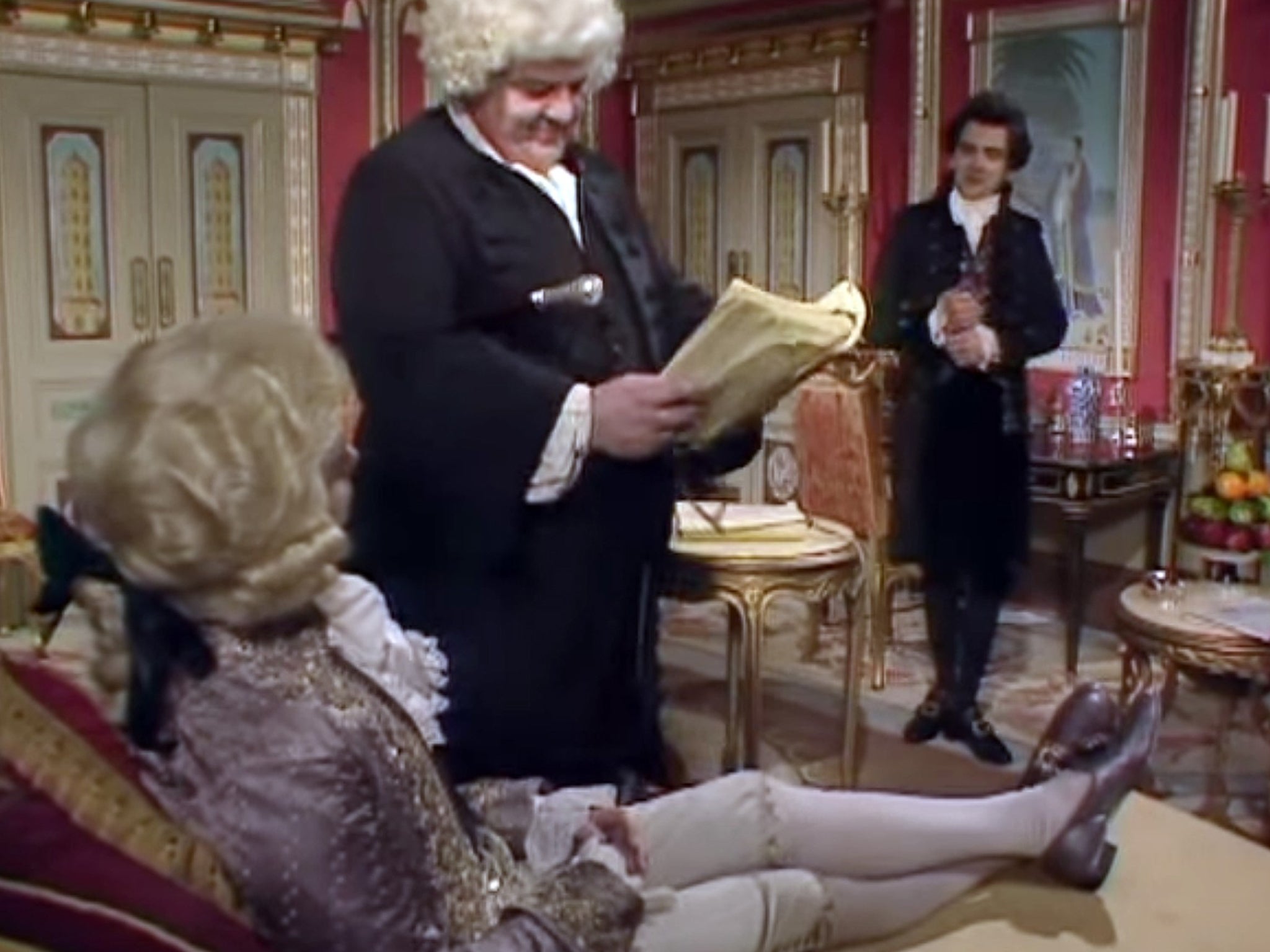Academics are campaigning to bring back so-called dead words, like 'concinnity' and 'bloviate'
For the "magniloquent" John Walsh, they never went away

Only two weeks after Mark Zuckerberg, the founder of Facebook, announced that he'd discovered books (which, he told his thunderstruck acolytes, "allow you to fully explore a topic... in a deeper way than most media today" – you don't say), and a new campaign started in the US for "slow reading", in which adherents visit a café together, silence their mobile phones and read together quietly for a whole hour, now academics at Wayne State University in Michigan have discovered that lots of "Dead Words" exist. Words that define things still relevant to modern life, sound pretty good but have fallen out of usage.
They have recommended that students investigate their "glorious variety" – and have offered a Top 10 of favourite "lost words" to be resurrected in 2015: caterwaul, concinnity, knavery, mélange, rapscallion, opsimath, obambulate, philistine, flapdoodle and subtopia.
One's first response is to say, whaddya mean "dead"? When did "mélange" die out? (It turns up all the time in Masterchef, though perhaps not the US version, being jerst a leedle too Frornch. And "philistine"? Don't we still throw that at anyone who fails to share our taste in art-house movies or Monteverdi?
One's second response is to say, well if you like them apples, how about these? The dictionary is full of characterful words that just need some regular airing to bring them back into popular discourse. One cannot contemplate the forthcoming election debates without thinking of "bloviate", a word coined by Warren G Harding, the US president, to mean "to speak for as long as the occasion warrants while saying precisely nothing". Any appearance by Russell Brand these days prompts one to accuse him of "sesquipedalian" talk – verbiage that's many-syllabled and comes from Horace's sesquipedalis, meaning a word "one-and-a-half feet long". Brand was more fun when he was merely full of "rodomontade", meaning boastful talk – it derives from the braggart Rodomonte, a character in the Orlando epics.
When gazing at Ms Kim Kardashian's naked rear, as we were encouraged to do last autumn, the marvellous word "steatopygous" springs to mind, meaning "having excessive development of fat on the buttocks". Whether this makes the lady actually "callipygous" ("having beautiful buttocks") we leave to the fashion world and her husband.
I cannot see a keyring, crammed with keys, hanging from the belt of some bloke's jeans without sighing for the loss of the most beautiful word in the dictionary – "chatelaine", meaning the big circle of keys attached to a woman's belt (and symbolising that she runs the house, or chateau).
It's been a while since anyone suggested that errant public figures have disgraced their family ancestors and descendants. So it would be nice to see the return of "escutcheon", meaning a family shield with armorial bearings, and the phrase "a blot on the escutcheon" meaning a stain of the family's reputation. It's one of those Victorian words that just sound good, like "tatterdemalion", meaning a ragamuffin, and "dundreary", meaning long sideburns without a beard, as worn by Bradley Wiggins, and "rubicund" meaning red in the face or complexion but, more generally, well-disposed in a Dickensian way. "Vituperate" is a nice way of describing how you abuse (with perhaps a few "maledictions" or curses) your opponent, especially if he sits opposite you in the House of Commons and is, therefore, your "pone" (opponent).
The word I would most like to welcome back, however, is "shibboleth", meaning a password or a test word of opinion (such as "mansion tax" or "NHS cuts") which identifies one's adherence to a party or nationality. It derives from the Book of Judges in the Bible, and the war between Gileadites and the Ephraimites. If the former found a soldier wandering in their territory and suspected he was one of the latter, they would ask him to say the Hebrew word for an ear of corn. If he said "shibboleth", he was okay; if he couldn't manage it and said "scibboleth" they'd kill him. Using the word might remind politicians that some words in the past, like some principles, were a matter of life and death.
Subscribe to Independent Premium to bookmark this article
Want to bookmark your favourite articles and stories to read or reference later? Start your Independent Premium subscription today.

Join our commenting forum
Join thought-provoking conversations, follow other Independent readers and see their replies